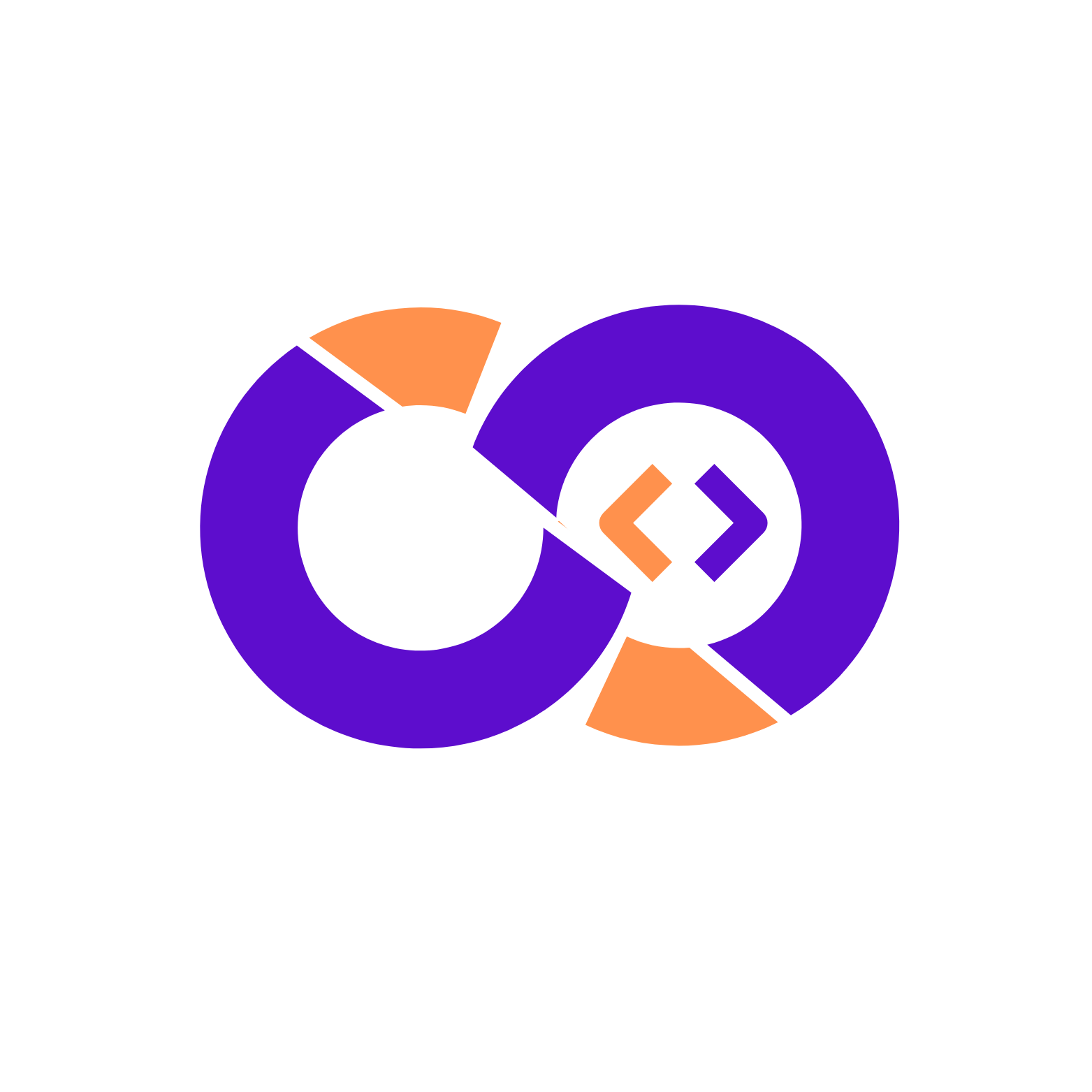Unlocking Peak Performance: Advanced Web Application Optimization Strategies
Unlocking Peak Performance: Advanced Web Application Optimization Strategies In the fast-paced digital landscape, user experience reigns supreme. A s...
Stay ahead with expert insights, practical tutorials, and the latest trends in web development, programming, and digital innovation.
Discover our most recent insights and tutorials.
Unlocking Peak Performance: Advanced Web Application Optimization Strategies In the fast-paced digital landscape, user experience reigns supreme. A s...
Unlock the Power of Your Browser: Mastering DevTools Web development is a complex and ever-evolving field. From crafting pixel-perfect user interface...
Introduction: The Ever-Present Threat Landscape In today's digital age, the internet has become an integral part of our lives. From online banking to...
Unlocking Peak Performance: Advanced Web Application Optimization Strategies In the fast-paced digital landscape, user...
Unlock the Power of Your Browser: Mastering DevTools Web development is a complex and ever-evolving field. From craftin...
Introduction: The Ever-Present Threat Landscape In today's digital age, the internet has become an integral part of our...
Let's turn your ideas into reality with our expert development services.

Online | Typically responds in minutes